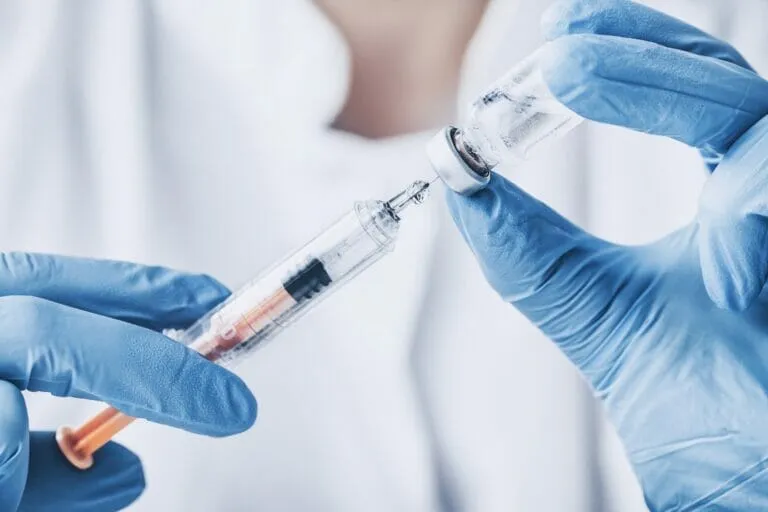Weight loss solutions have attained a lot of fame, especially due to the research and science that works behind them. However, the advancements made across regenerative medicines today render the most effective approach that can help individuals facing obesity. It is where peptide therapy for weight loss has proven its real potential.
The global market size for peptide therapeutics was estimated at $45.67 billion in 2023. It is forecasted to increase to around $80.44 billion by 2023 at a rate of 5.63% from 2024 to 2033. The growing emergence of cancer and different metabolic diseases has driven this market growth.
Although no miraculous pill has been found that can help you lose weight sooner, research has found that peptide therapy in the form of regenerative medicine proves effective in enhancing health and even promoting weight loss. However, what would one derive from peptides, and how does this therapy work in aiding weight loss?
In our post today, we are going to dive deeper into the market of peptide therapy and whether it is the best solution for you if you are in search of a weight loss approach.
About Peptides
Peptides are normally formed out of amino acid short chains that are portrayed as neurotransmitters or hormones for the body. They are key for metabolic activities influencing digestion, appetite, water retention, and even fat distribution.
The human body generates peptides naturally; however, whenever you face an imbalance in your hormonal levels due to your lifestyle or diet, your body works abnormally. Supplementing with peptides can help restore your body's natural balance and boost your health.
Peptides and Weight Loss
Peptide injections for weight loss prove effective in regulating the natural appetite. The body's fat-storing hormones include leptin and ghrelin. Normalizing such hormones reduces hunger cravings and leads to a reduced intake of calories. It even results in metabolic changes that promote weight loss.
Furthermore, supplementation with peptides is proven effective in forming new muscle tissues that minimize fat storage. This reduces your entire body weight, maximizes your body's metabolic activities, and makes you more physically active.
Peptide Therapy for Weight Loss Mechanism
The peptide supplementation mainly gets subcutaneously administered through a chain of treatment plans. The peptides operate in terms of stimulating the hormonal releases impacting fat storage, hunger, and metabolism.
It even aids in maximizing the production of the body's growth hormones, which are essential for building muscle mass and burning fat. This way, you can gain a leaner and highly toned body with reduced fat storage and greater muscle mass.
Peptide weight loss therapy includes two phases. One includes the loading phase, where you get subjected to larger dosages of peptides that will help kick-start the weight loss process of the body. The second includes the maintenance phase involving the intake of smaller doses for the upkeep of your body's ideal weight.
It is at this time that you will be recommended to make lifestyle changes like consuming a healthier diet and following routine exercises. Combining these two routines can help promote weight loss without leading to any adverse reactions that are often associated with alternative weight loss treatment plans.
How Soon Do Results Show?
Peptides are often used for forcing on the varied regions of the body. The accurate timeline for the results varies on the basis of the amount of peptide used and the body's responses to it. Several peptides will initiate in just a couple of weeks of getting administered while it would progress with time with the proper directions. It is often essential to maintain a stringent dosing routine to gain greater outcomes.
Additionally, it is often essential to consult with your healthcare provider to ensure that proper dosage is getting administered for the safety of meeting your own body goals. These experts can aid in tracking the required progress made and ensure adjustments that are required to ensure that you are meeting your goals in a better time frame.
Final Thoughts
Peptide therapy for weight loss is considered safer, with fewer adverse reactions reported. However, as with any other medical treatment and supplementation, it is essential to consult with a licensed medical provider and administer the therapy as recommended. These are generally streamlined to meet the individual needs of the patients, monitor better safety, and stay updated with the latest technological advancements.





Comments